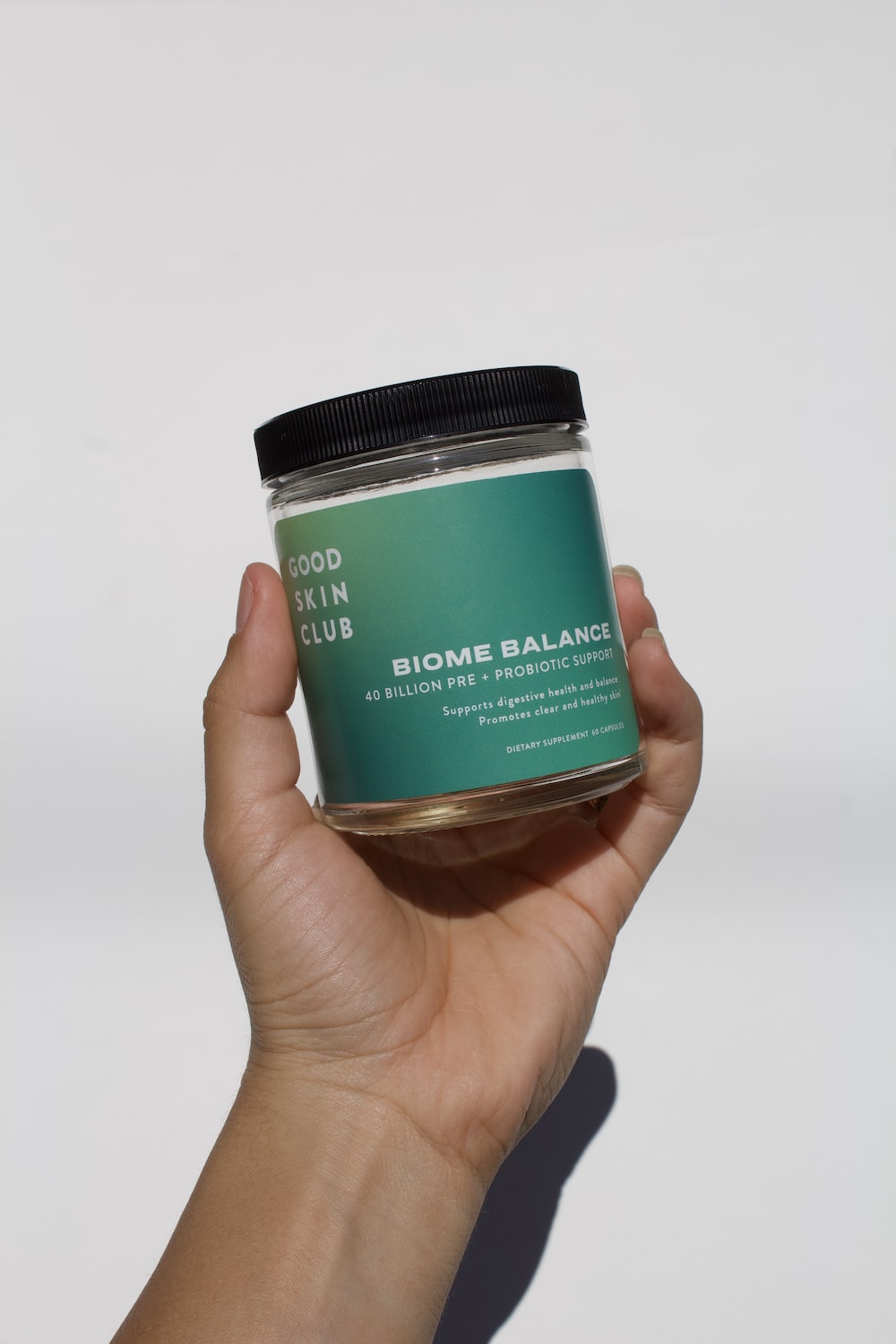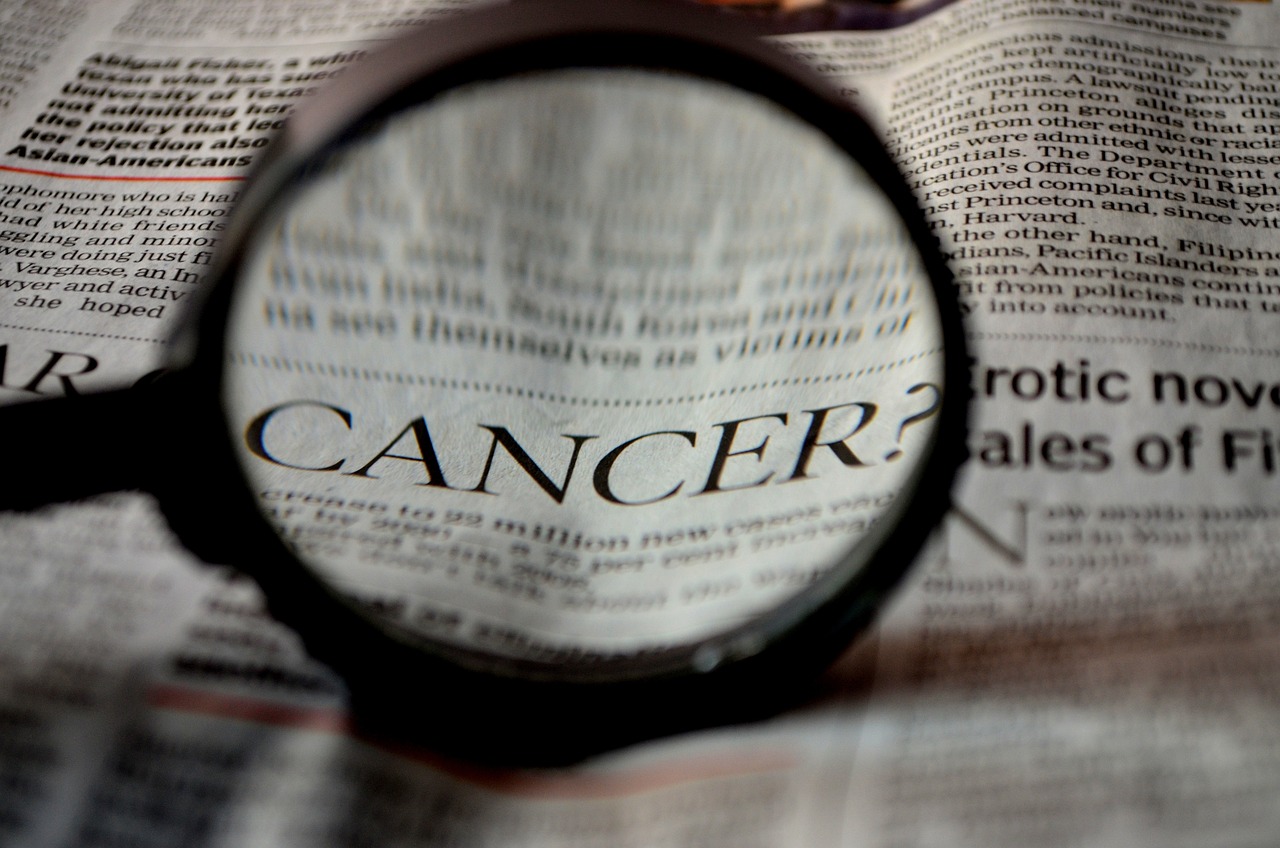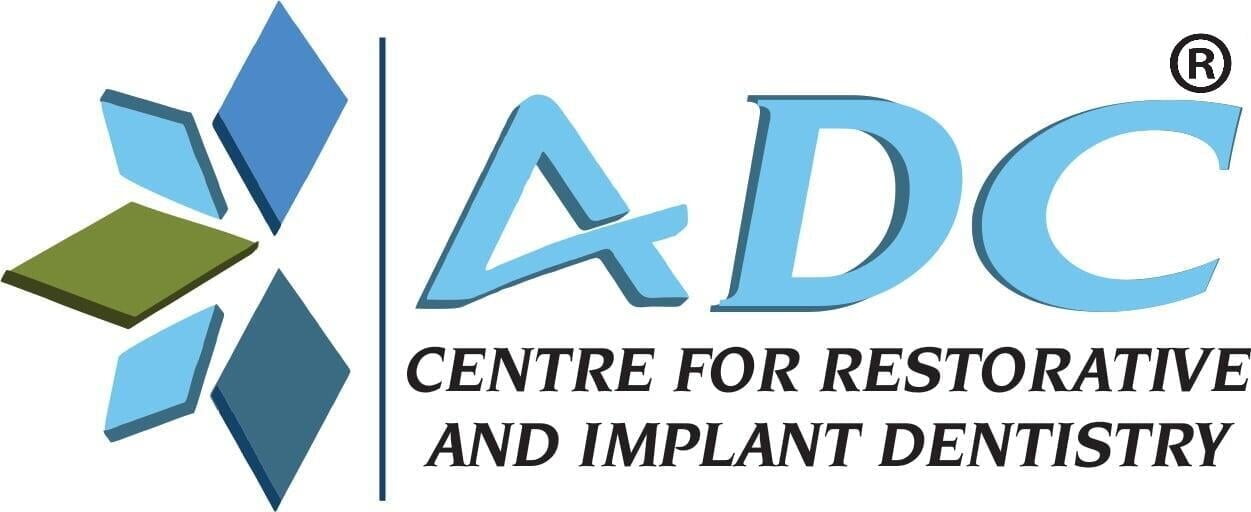Dental probiotics also referred as "Oral Probiotics" and just like other probiotics these also have swiftly gained popularity in realm of health, wellness and are quickly emerging as one of the promising solution for optimal oral health. Just like the stomach and digestive system, the mouth has its own community of bacteria and microorganisms, known as the microbiome. These dental probiotics contain safe and beneficial microorganisms that naturally play a good role in achieving optimal oral health while eliminating the production of harmful bacteria that contribute to oral problems like bad breath, gingivitis, decay, and more. Oral Probiotics or Dental Probiotics are available in various forms, such as chewable tablets, dissolvable lozenges, probiotic drinks and even in some toothpastes and mouthwashes.
How do Dental Probiotics work?

The optimal pH of the mouth ranges from 6.5 to 7.2, though pH level in the mouth can vary throughout the day due to factors such as food consumption, oral hygiene practices, and saliva production. After consuming acidic foods or beverages, the pH of the mouth may temporarily decrease, making it more acidic. This acidity increases the risk and contributes to the decay and de-mineralization of tooth. Dental Probiotics help maintaining and regulating pH in the mouth, whereby "the microbiome" neutralises the acids and provides a protective buffer for teeth and thus helps is achieving optimal oral health.
A research study found that Streptococcus salivarius strains types- K12 and M18 are the dental probiotics effective in reducing the bacterial growth that is associated with bad breath. Another study demonstrated that 85% of patients showed a significant reduction in halitosis or bad breath compounds after a one-week usage of dental probiotics. These dental probiotics were also found to be effective in reducing gingivitis, sore throat, oral candidiasis, dental decay and reduce the bad bacteria colonising areas such as teeth, cheeks, tongue, gingiva, palates. Additionally some of other oral probiotic strains also include Lactobacillus, Weissella, Streptococcus and Bifidobacterium strains.
Eat Natural Dental Probiotic Rich Foods

By including natural oral probiotic-rich foods and considering specific oral probiotic supplements, you can support a healthier oral microbiome and improve your overall oral health. Some of easily accessible foods rich in natural oral probiotic properties are:
- Probiotic Milk
- Mangos
- Almond butter or almond butter milk
- Yogurt
- Dark Chocolates
- Kefir
- Miso and Kombucha
- Soft Cottage Cheese
Dental Probiotics- Wide Range of Benefits
Important Note: While dental probiotics show promise in supporting oral health, they are not intended to replace traditional oral care practices such as regular brushing, flossing, and professional dental cleanings. They can be used as a complementary approach to enhance oral health and should be used in consultation with your dentist or healthcare provider. Here are some of the advantages of incorporating dental probiotics:
- Halitosis (Bad Breath): Dental probiotics can help combat bad breath by promoting the growth of beneficial bacteria in the mouth and reducing the presence of odor-causing bacteria.
Gingivitis: Probiotics have shown potential in reducing inflammation and improving gum health, which can help prevent and manage gingivitis, an early stage of gum disease.
Periodontal Disease/Gum Disease: Certain strains of probiotics have been found to be effective in reducing the severity of periodontal disease and promoting gum health.
Tonsillitis: Probiotics may help reduce the recurrence and severity of tonsillitis, an inflammation of the tonsils caused by bacterial or viral infections.
Oral Infections: By promoting a healthy balance of bacteria in the mouth, dental probiotics can help prevent and manage various oral infections.
Tooth Decay: Some research suggests that certain probiotic strains can help inhibit the growth of harmful bacteria that contribute to tooth decay, thereby reducing the risk of cavities.
Oral Yeast Infection (Candidiasis): Imbalances in oral microorganisms can lead to oral yeast infections. Dental probiotics can help restore the natural balance and reduce the risk of candidiasis.
Can Dental Probiotics prevent Oral Cancer?

While oral probiotics are being studied for their potential benefits, including their impact on oral health, there is currently no conclusive evidence to suggest that dental probiotics can prevent oral cancer. Oral cancer is a complex disease with various risk factors, including lifestyle factors such as tobacco, alcohol, certain viral infections, genetics, and other factors extending beyond the influence of oral probiotics alone. If you have concerns about oral cancer or any oral health issues, it's recommended to consult with our healthcare professionals who can provide personalised advice and guidance based on your specific circumstances.
Dosage for Dental Probiotics
It is highly recommended that you get your personalised recommendations for oral probiotic use based on your specific needs from your dentist who will help you help you determine the optimal duration and dosage of probiotics for your dental health. Not all probiotics are the same, and there are various options available in both prescription and over-the-counter forms. The duration of taking dental probiotics can also vary depending on individual circumstances. Some patients may experience noticeable improvements in the balance of oral bacteria and reduction in bad breath within a few days to a week of starting probiotic treatment. However, it is generally recommended to continue taking oral probiotics for at least 30 days to evaluate their effectiveness.
Join the movement #paperless
Going Paperless can help save the Earth from climate change and biodiversity loss. It is a big task, but we know we can do it together. Get Help in going Paperless.
Medical Disclaimer:
The content of ADC-Centre for Restorative and Implant Dentistry's Blog/website is for information only, not advice or guarantee of any outcome. Information is gathered and shared from reputable sources; however, ADC-Centre for Restorative and Implant Dentistry is not responsible for errors or omissions in reporting or explanation. No individuals, including those under our active care, should use the information, resources or tools contained within to self-diagnosis or self-treat any health-related condition. ADC-Centre for Restorative and Implant Dentistry gives no assurance or warranty regarding the accuracy, timeliness or applicability or the content.
ADC-Centre for Restorative and Implant Dentistry accepts no liability for errors, inaccuracies, omission, or misleading statements. ADC-Centre for Restorative and Implant Dentistry excludes liability for any losses, demands, claims or damages of any kind regarding information, content, or services at this blog/website. The information may be updated at any time, especially as medical/dental discoveries and research evolves regarding the dentistry and its conditions. At no time does ADC-Centre for Restorative and Implant Dentistry take any responsibility for any action taken or care chosen in reliance on information contained in this blog or this website.















